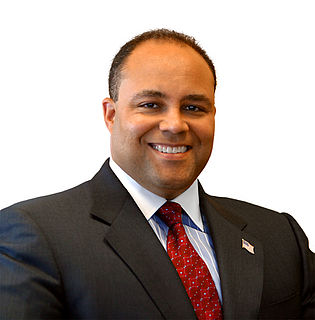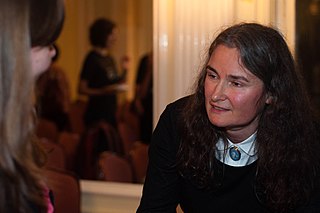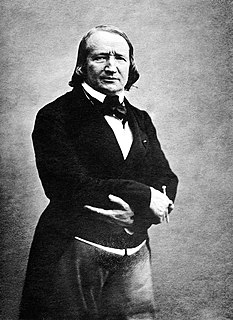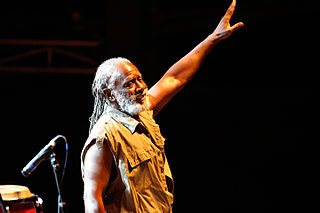A Quote by Gloria Steinem
I hope readers will consider, especially in this age of the World Wide Web, that as miraculous as it is, we still need to be in the same room with all five senses if we are to empathize with each other.
Related Quotes
In reality the world is made of thousands of groups of about five hundred people, all of whom will spend their lives bumping into each other, trying to avoid each other, and discovering each other in the same unlikely teashop in Vancouver. There is an unavoidability to this process. It's not even coincidence. It's just the way the world works, with no regard for individuals or propriety.
Even if someone doesn't look like you or you don't know people like this in your real life, you get to know them and you get to see their humanity and you get to empathize with them. Our hope is that through empathy that can spark change. We hope people start talking to each other and our show sparks conversation because we need to start talking to each other, not at each other.
I see people getting so caught up in celebrating diversity that they are neglecting their commonality. I don't see this as a good thing. The Chinese culture has survived for more than five thousand years in part because the Chinese have embraced the same language and culture. I hope I am wrong about this, and that the flame is still on beneath the great American melting pot. Americans need each other, and a house divided, no matter the color of its occupants, is still divided. And divided we all fall.
The only thing I hope for is that, regardless of what the outward world is for different people, different nations, I hope their internal world is similar. And if I, hopefully, have managed to somehow describe my inner world in this book, all I count on is that it will have some resonance among the American readers, or, at the very least, the American readers will treat this book as a kind of a guidebook for my inner world, strange as it may appear.





































